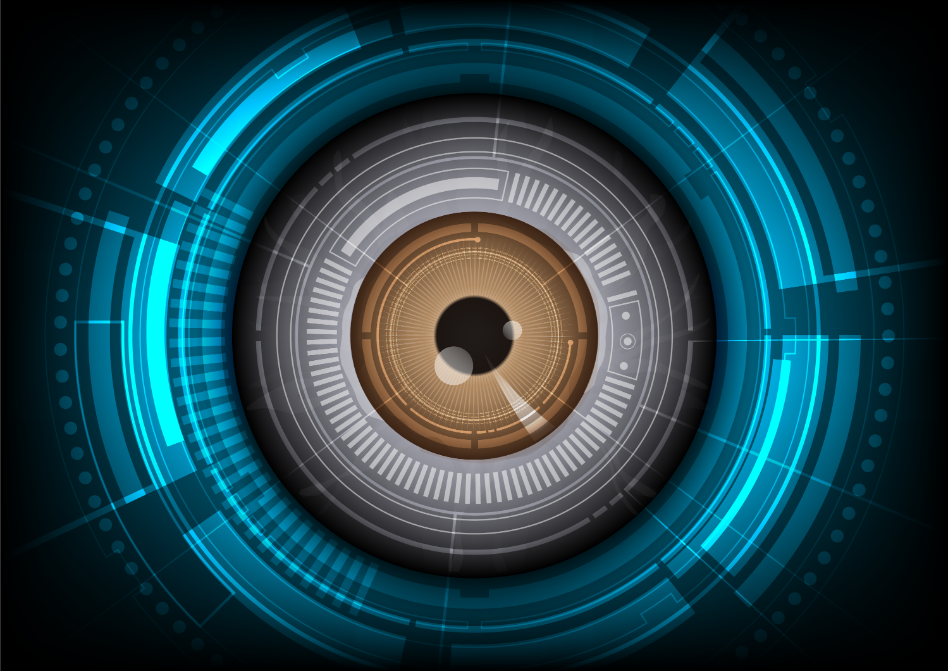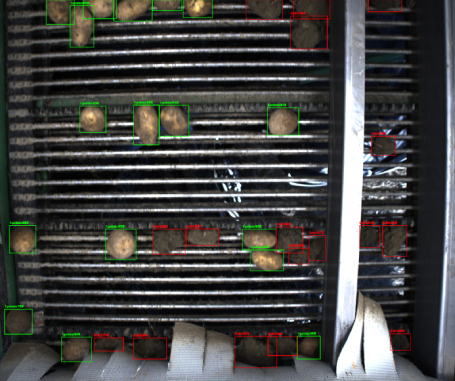
COMPUTER VISION
Real-time error detection for every production process
With powerful AI and computer vision solutions that adapt effortlessly to your machines, sector and automation needs.
What does Computer Vision do?
- Recognises objects, deviations or patterns in milliseconds.
Systems detect shape deviations, cracks or missing parts during the process. - Tracks and measures products without manual intervention.
Automatic tracking and volume measurement eliminate the need for human control. - Sends decisions directly to machines
Allows sorting, ejection or alarm signals to be controlled autonomously via vision output. - Links visual data to your process control
Information from cameras is integrated in real time into your PLC or MES.


1 Image capture with machine vision
2 Analysis using computer vision and deep learning
3 AI-driven decisions
4 Full integration
APPLICATIONS
Computer vision solutions with machine vision, deep learning and AI recognition for precise, real-time automation in any industry.
Food industry
Automatic sorting and quality control of fruit and vegetables.
- Recognises shape, colour or size deviations in real time
- Works with 3D detection and air control for precision ejection
- Increases yield and reduces manual workload

Glass production
Inspect glass surfaces continuously and with high accuracy.
- Detects cracks, edge defects or contamination
- AI models recognise defects at high speed
- Full integration with existing PLC systems

Automotive
Ensure correct assembly and faultless fitting of parts.
- Recognises missing or misplaced components
- Works with deep learning on production lines in motion
- Improves traceability and reproduction quality

Other sectors
From metalworking to agriculture and fisheries. Our systems adapt.
- Inspection of welds, fill level detection, object recognition
- Synthetic data and AI enable training on limited examples
- Flexible set-up for complex or unique processes

why choose computer vision?

Constant, AI-controlled quality control

Real-time detection of defects and anomalies

Automation of manual inspection tasks

Full integration with machines and PLC systems
Frequently asked questions
What is the difference between machine vision and computer vision?
Machine vision focuses on hardware-based image processing, computer vision uses AI and deep learning.
Is computer vision suitable for small manufacturing companies?
Sure. Thanks to modularity, you can start small and expand later.
How quickly is a solution implementable?
Depending on complexity and integration, often within 6 to 12 weeks.
Fancy a demo or introduction?
Leave your details and we will get in touch.









